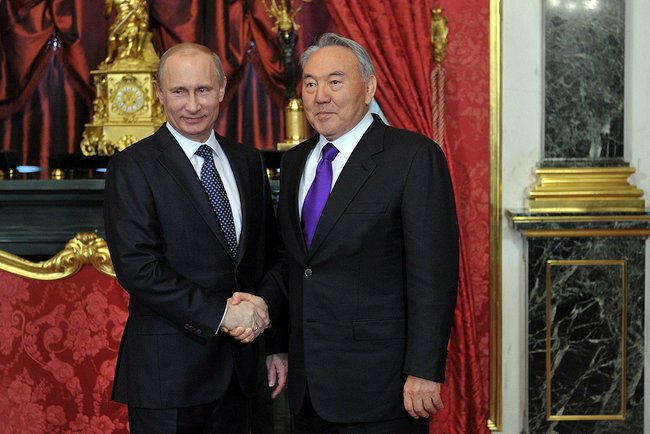Guest Contributor: James V. Mersol

Nazarbayev seems content to pass on his title of “President for life” to his daughter, Dariga Nazarbayeva. Nazarbayeva is currently the head of the Asar party, the only opposition to her father’s Nur Otan party. However, Asar is not a true opposition party since it is actually funded by the government to give the illusion of choice. Her current position indicates that she is being trained for political leadership. But if she does become the president of Kazakhstan, then the nature of the transition and the government’s reaction to an “opposition” leader assuming power is unclear.

Uzbekistan and Kazakhstan may want to look to their southern neighbor, Turkmenistan, for an example of a smooth succession. In 2006, the Turkmen dictator Saparmurat Niyazov died of a sudden heart attack, igniting similar speculation about who would be the next Turkmen leader. Turkmenistan was an especially complex case, as Niyazov had spent the previous 15 years building a formidable cult of personality. During his reign, he renamed himself “Turkmenbashi” (father of all Turkmen), wrote his own holy book to be taught in schools and professional academies, and created a self-themed amusement park. Shortly after his death, Gurbanguly Berdimukhamedov, the Minister of Health, emerged as the new president of Turkmenistan. In the eight years since Niyazov’s death, Berdimukhamedov has continued Turkmenistan’s stable authoritarianism. Although Berdymukhamedov has dismantled some of Niyazov’s more ostentatious symbolism – such as re-branding the amusement park after Turkmen traditions and folklore and shifting several important political offices to citizens from his native region of Western Ahal – he has worked with Niyazov’s inner circle to maintain his predecessor’s policies [1].
Since Karimov has evidently ruled out backing his daughter, he should follow Turkmenistan’s example and look to his closest political allies for a potential successor. If he chooses this option, it will almost certainly take place behind closed doors, and no one outside of that inner circle will know the successor’s identity until Karimov’s death. That successor will likely downplay Karimov’s legacy to cement his or her political rule, but in doing so, he or she will ensure that Uzbekistan remains stable for many years to come. When the alternative in Central Asia has historically been political turmoil and armed conflict, the desire for a smooth transition is all the more strong.
James V. Mersol is a senior at Davidson College majoring in political science.
The views expressed by the author do not necessarily reflect those of the Glimpse from the Globe staff and editorial board.
[1] Horak, Slavomir. “Changes in the Political Elite in Post-Soviet Turkmenistan.” China and Eurasia Forum Quarterly, Vol.8, No. 3. p. 27-46.






